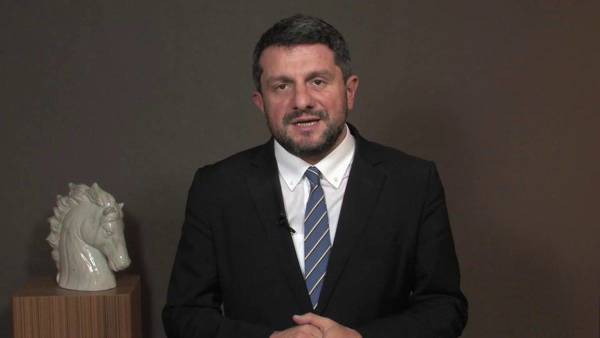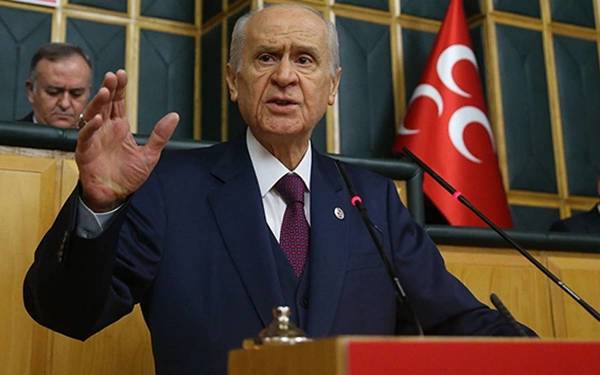JUDICIAL CRISIS
Justice minister affirms commitment to 'individual application' system


Justice Minister Yılmaz Tunç has said that there is no intention to restrict or abolish the right to file an individual application with the Constitutional Court.
"There is no question of limiting or removing the individual application right. There is no retrogression from the individual application right. Therefore, this is the most natural right granted to our citizens," Tunç said today at a press conference.
Tunç's remarks come amid a judicial crisis in the country, where the Constitutional Court and the Court of Cassation clash over the continued imprisonment of Can Atalay following his election as an MP in May.

Turkey faces judicial crisis as high courts clash over jailed MP
The crisis was sparked by the Constitutional Court’s decision to release Atalay, a member of the Workers’ Party of Turkey (TİP), on the grounds that his rights were violated. Atalay had received an 18-year prison sentence for allegedly aiding in organizing nationwide protests in 2013
The local court and the Court of Cassation, the country’s top appellate court, refused to implement the decision and the latter filed a criminal complaint against the judges of the Constitutional Court, accusing them of exceeding their authority and undermining the rule of law.
The ruling alliance has thrown its support behind the Court of Cassation, calling for a change in the struture of the Constitutional Court.

MHP leader calls for removal of Atalay’s MP status
Differing interpretations
Minister Tunç stated, "Article 148 of our Constitution regulates the individual application route in paragraphs 3, 4, and 5. There are very few sentences in the Constitution about individual application. There is a provision stating that certain issues in the review of the law cannot be subject to individual application. Thus, this provision can be interpreted differently by the Court of Cassation."
He explained, "The Court of Cassation says, 'I am the final reviewing authority for decisions made in criminal courts.' The method of lifting the final judgment is regulated in Article 311 of our Criminal Procedure Code. We made another change; in cases arising from the European Convention on Human Rights, a provision was added to the Criminal Procedure Code that allows for the renewal of the trial."
However, Tunç highlighted that there is no provision in the Criminal Procedure Code regarding violation decisions of the Constitutional Court. He pointed out the difference in views between the Constitutional Court and the Court of Cassation on retrial.
Minister Tunç referred to the decisions of the European Court of Human Rights, stating that in decisions related to the elimination of human rights violations, the court is granted discretionary power during the retrial process. In contrast, the Constitutional Court says, "We apply a different method here."
Referring to Article 83 of the Constitution, Tunç noted the exceptions for parliamentary immunity and the exceptional cases specified in Article 14, which has led to debates between the Constitutional Court and the Court of Cassation.
In conclusion, Tunç highlighted the need for a comprehensive constitutional change, expressing that resolving the ongoing discrepancy is crucial. If a complete constitutional change is not feasible, he suggested partial amendments that protect citizens' rights without narrowing the individual application. He also proposed addressing inconsistencies between the Constitutional Court's Establishment Law and the procedural provisions of the Criminal Procedure Code. Tunç stressed that these issues should be discussed and resolved through parliamentary processes. (AS/VK)




